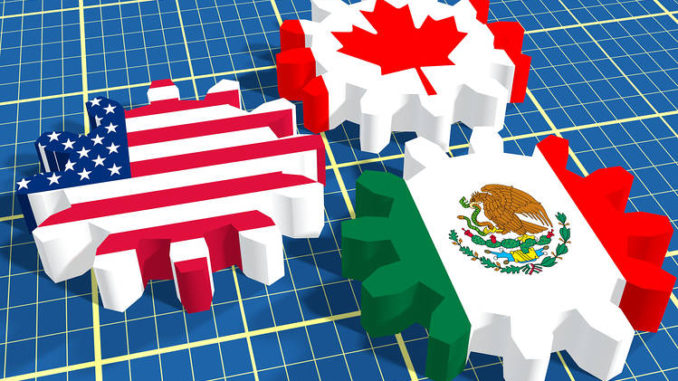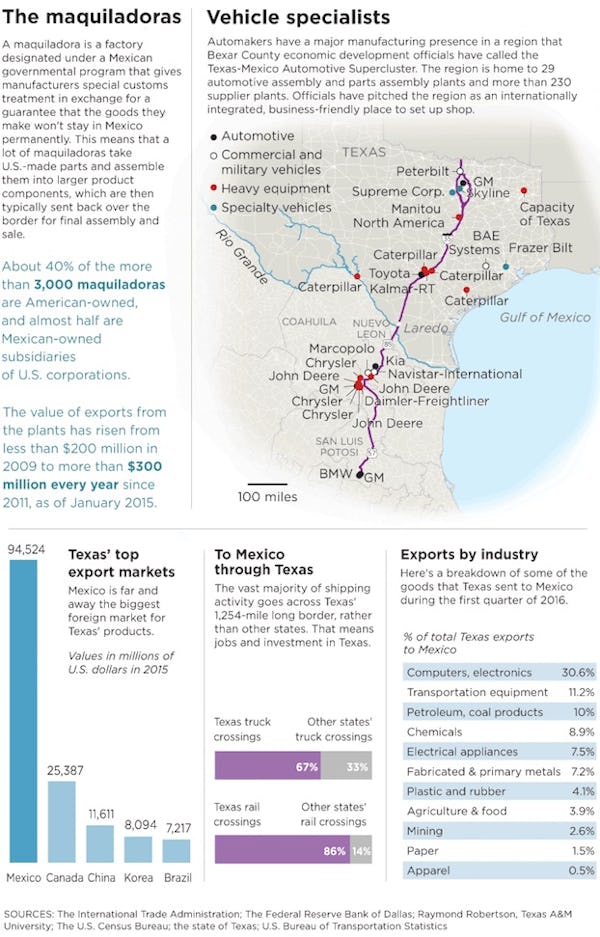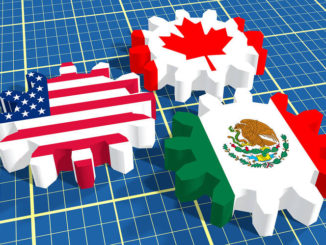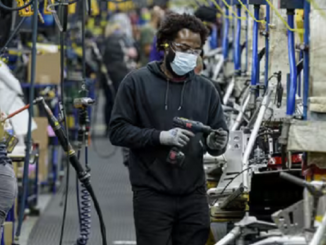
Dallas Morning News, Editorial
President Donald Trump has called NAFTA the worst trade deal in the history of free-trade deals. “A disaster,” he has said often. But anyone who has been in Texas for longer than a day knows the North American Free Trade Agreement has been, overall, enormously beneficial to America, especially to Texas.
Texas, therefore, is counting on Sens. John Cornyn and Ted Cruz, and the business lobby, to loudly proclaim the benefits of this 1993 agreement. That’s essential to protect this state from the harm that will almost certainly come if Trump follows through and withdraws this country from the pact.
Texas is the nation’s leading export state. And which country buys our products more than any other? Mexico, of course. In 2015, Texas exported $95 billion worth of goods made here to Mexico, which, thanks to NAFTA, assesses little or no tariffs on those products. The largest category of goods exported from Texas to Mexico? Computers and electronics, which in the first quarter of 2016 accounted for 31 percent of all such goods.

All that means jobs for America, jobs for Texas.
Other states also export goods to Mexico, naturally. And when they do, the vast majority of them are sent by trucks that travel through Texas, another source of jobs and infrastructure investment for our state.
Has the deal also helped Mexico? Certainly.
Several thousand assembly plants have been built along the Mexico side of the border since NAFTA was ratified. Those plants are given special treatment if they agree that the goods they assemble — usually using parts manufactured in America — will be exported out of Mexico. Every year, about $300 million worth of goods are sent from those plants in Mexico out of the country, mostly back here to America.
A stronger Mexican economy is absolutely in America’s best interest — and in Texas’.
These are just some of the reasons why free trade, and NAFTA in particular, has been so strongly supported by Republicans in federal office, and by governors in Austin. It was largely negotiated, after all, by President George H.W. Bush’s administration and ratified by the Senate in the first year of President Bill Clinton’s first term.
Nevertheless, Trump has promised to put our NAFTA partners on notice that he wants a better deal. Will they agree to renegotiate? Time will tell. But Trump and his team must know that even if they do, re-opening negotiations is fraught with risk. Mexican farmers and others have long lamented what they see as a lop-sided arrangement with America. Will suddenly their concerns take center stage, too?
Any new agreement would then face the political risks associated with new rounds of ratifications in Congress and the two other capitals.
For Trump, and the many Democrats who have long opposed trade agreements like NAFTA, the risk seems negligible. He says he’s happy to pull out of the agreement if he can’t negotiate a better deal.
That would be foolish.



